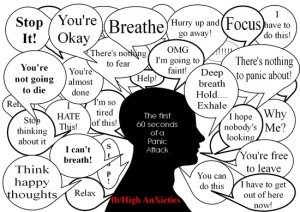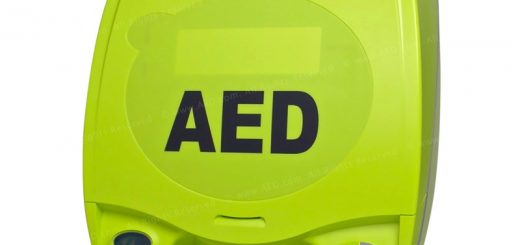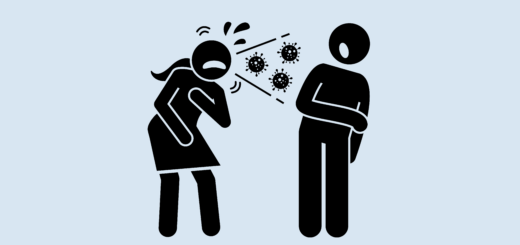How to talk someone out of an anxiety attack

Hyperventilation leads to a reduction in the carbon dioxide levels in the body. We all need a minimum level of carbon dioxide in the body in order for the brain to regulate body systems.
This lack of carbon dioxide in an anxiety attack leads to the common signs and symptoms which include:
- Increased breathing rate
- Patient agitated and worried
- Patient may complain of chest pain
- Dizzyness/Lightheadedness
- Nausea
- Sweating
- Vision changes
- Numbness/tingling in the hands.
What to do and say when someone is suffering a panic attack can be quite daunting as first aiders fear making the situation worse. Here are a list of tried and tested techniques that may help:
- Call for help – This may not be an anxiety attack. The symptoms above can also be signs of more sinister conditions such as anaphylaxis, stroke or heart attack. These need to be rule out by a health care professional.
- Keep calm – By you appearing calm and in control, the patient subconsciously reacts to your behaviour. If you stress, they’ll keep stressing.
- Be firm and reassurance. They may have difficulty making decisions but the brain will follow commands (i.e. Don’t ask them if they could keep calm, tell them to).
- Tell them that you’re there to help them and that they need to calm down and take deep breaths – Do this yourself too. There is research to suggest we mimic each other’s breathing subconsciously as well as consciously.
- Take them somewhere quiet. Try and remove the trigger for their attack.
- Keep conversation to a minimum. Again, babbling won’t be processed well by the brain in this instance and can lead to worsening of the attack as individuals panic over trying to decide what they want to do, or try to remember something.
Despite a lot of people still advocating the old paper bag trick. This is something that a lot of first aid providers and health care workers have moved away from as research has revealed it can worsen the condition.
If they recover from the attack before you’ve sought professional help, encourage them to go and seek medical attention, there can be underlying mental health illnesses such as Obsessive Compulsive Disorder or even depression that could be predisposing them to developing these attacks.




